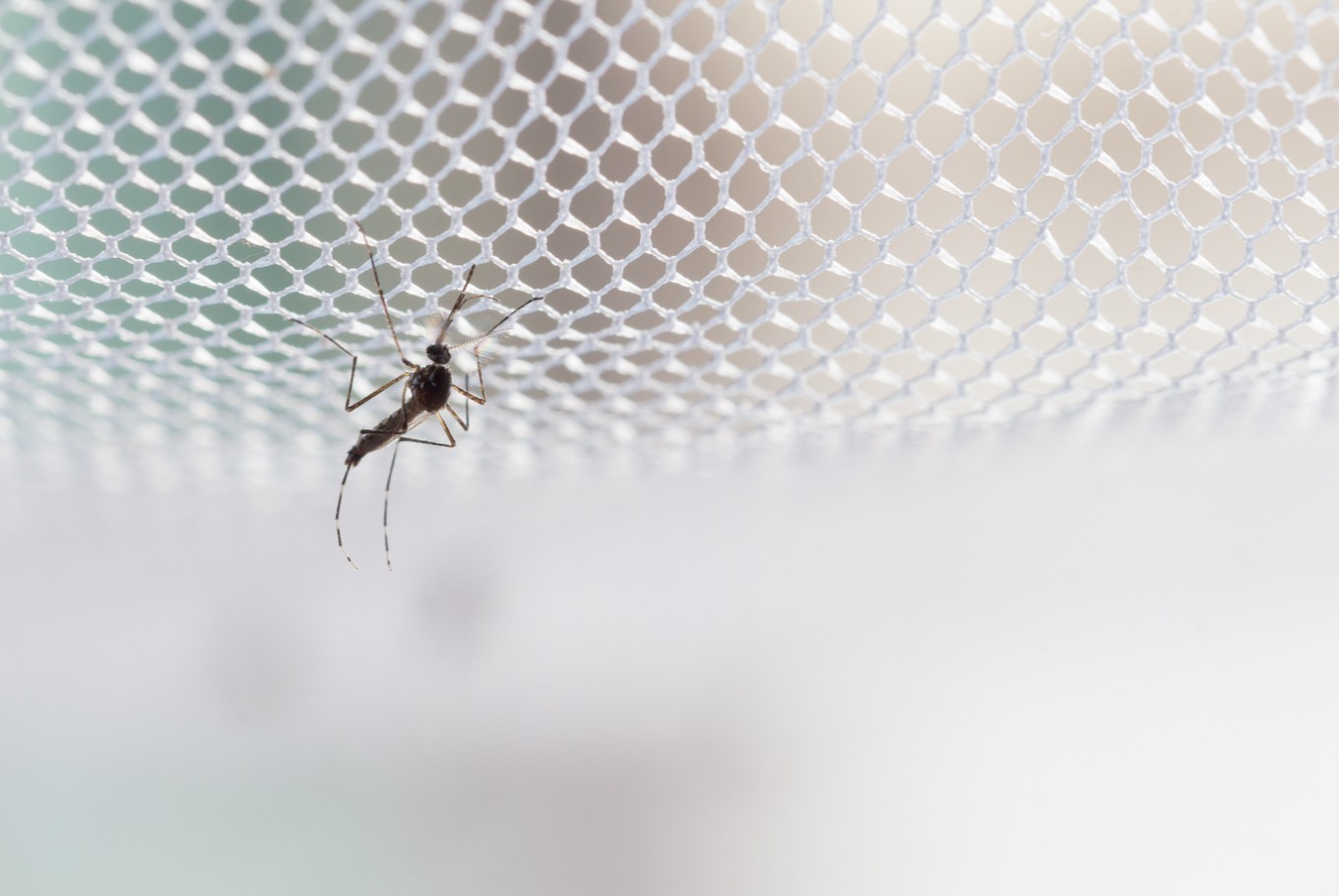Popular Reads
Top Results
Can't find what you're looking for?
View all search resultsPopular Reads
Top Results
Can't find what you're looking for?
View all search resultsMosquito-borne infectious diseases: Crafting an Asian solution
The fight against mosquito-borne diseases in Asia is at a critical moment in time.
Change text size
Gift Premium Articles
to Anyone
The fight against mosquito-borne diseases in Asia is at a critical moment in time.
In the last year, diseases like malaria, dengue and Zika have made headlines across the region and put millions of families at risk. The increasing impact of globalization, urbanization and climate change means the region remains in jeopardy of significant and disruptive outbreaks of mosquito-borne infectious diseases. Faced with this region-wide challenge, it is time for countries in Asia to unite together against the spread of such diseases.
World Mosquito Day of Aug. 20 provides an important opportunity to remind governments, interest groups, businesses and local communities that we all have a part to play in reducing the public health and economic burden of these diseases.
The battle against mosquito-borne diseases is daunting. For example, malaria is endemic in 19 Asian countries with more than two billion people at risk of catching the disease. Asia is also the region with the highest incidence of dengue in the world, with cycles of epidemics occurring every three to five years.
The wide-ranging and long-term consequences of mosquito-borne infectious diseases underscore the urgent and crucial task of investing in health systems, and delivering a coordinated response.
By collaborating countries can move towards tackling these challenges in a harmonized manner. This will require real commitment from all levels of government focusing on health security, sustainable financing and access to medicine. In a positive step forward, several regional coordination initiatives have emerged in recent years which demonstrate the benefits of greater collaboration.
These include the Asia Pacific Leaders’ Malaria Alliance (APLMA), an affiliation of Asian and Pacific heads of government formed specifically to accelerate progress against malaria and to eliminate the disease in the region by 2030, The ASEAN Strategic Framework for Health Development and the Expert Group on Communicable Diseases focus on endemic vector-borne diseases particular to the region, such as dengue and malaria.
These initiatives illustrate the benefit of a comprehensive and integrated strategy in which businesses, governments and international organisations all have roles to play. They help to reduce the impact of disease outbreaks by reinforcing preparedness planning at a collective regional level, and help establish public-private partnerships to exploit the reach and resources of the private sector.
Proving the effectiveness of multi-agency efforts, Sri Lanka was certified free of malaria by the World Health Organization (WHO) in September 2016. Sri Lanka’s success has been attributed to a concerted effort by multiple actors acting in concert with a robust national healthcare system. Their long-term elimination strategy, much of it delivered during civil unrest, should be seen as a real example of success in targeting and eliminating a mosquito-borne disease.
In China, malaria elimination is also close at hand, with only 56 indigenous cases reported in 2014, compared to over 24 million cases in the early 1970s.
Even with these achievements both countries continue to be challenged by other mosquito-borne diseases. Sri Lanka is currently dealing with its worst dengue fever outbreak and in China, a recent spike in imported cases of yellow fever has prompted calls to reinforce surveillance at her borders, as well as a push in post-travel checks.
It is also clear that a business-as-usual approach will not achieve total elimination of mosquito-borne infectious diseases. Innovation and technology remain vital in ensuring access to health services, developing new prevention tools, and mobilizing resources.
Integrating regional and national planning, expanding public-private partnerships, and better regulatory mechanisms will be vital in implementing appropriate and effective Asian solutions against all mosquito-borne diseases.
Cross-border sharing of disease surveillance information and identifying mechanisms for ensuring migrant and mobile populations receive access to health services, should also be a priority. In addition, exploring and supporting the development of vaccines will ensure new methods of defence against mosquitos continue to be developed.
Moving forward, leaders in the region need to ramp up efforts in providing universal access to disease prevention, diagnosis and treatment.
For these strategies to work, leadership in eliminating mosquito-borne diseases must come from the highest levels of government. It’s possible; the region’s leaders have already put their weight behind the APLMA Leaders’ Malaria Elimination Roadmap at the 2015 East Asia Summit.
This political action from 20 heads of government, plus multi-lateral and regional organizations, joins them together with a common purpose of malaria elimination and allows countries increasingly to hold each other mutually accountable for progress.
This is the level of commitment now required to defeat mosquito-borne infectious disease in Asia. Securing borders, and keeping families healthy is a critical function of government, and an expectation shared by all citizens. Sustained, coordinated and aggressive action against mosquito-borne disease must form a central part of national and regional health security plans.
***
The writer is CEO of the Asia Pacific Leaders Malaria Alliance. Formerly Pacific lead health advisor at the Australian Department of Foreign Affairs and Trade, he has supported health initiatives across 30 countries for over 20 years. His expertise focuses on health policy, systems strengthening and financing. Currently based in Singapore, he holds a PhD from the University of Wales and is a Fellow of the UK Faculty of Public Health Medicine.
---------------
We are looking for information, opinions, and in-depth analysis from experts or scholars in a variety of fields. We choose articles based on facts or opinions about general news, as well as quality analysis and commentary about Indonesia or international events. Send your piece to academia@jakpost.com.










